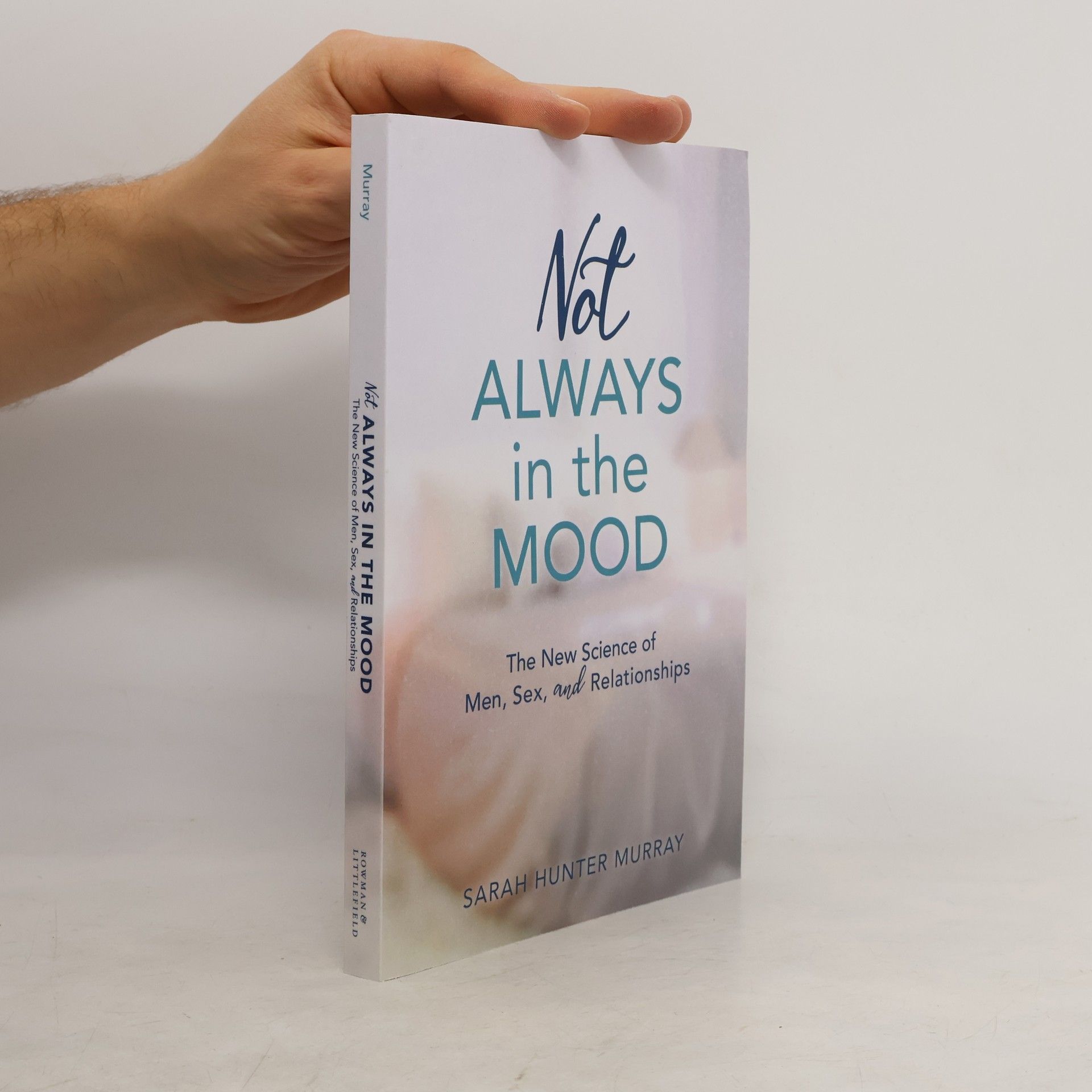Not Always in the Mood
- 218pagine
- 8 ore di lettura
Everything we thought we knew about men's sexual desire is completely wrong. Groundbreaking new research reveals it is far from the high, simple sex drive they're stereotypically known for. Sarah Murray shatters our most damaging, long-held myths about men's sexuality and helps couples connect more intimately and authentically than ever before.

